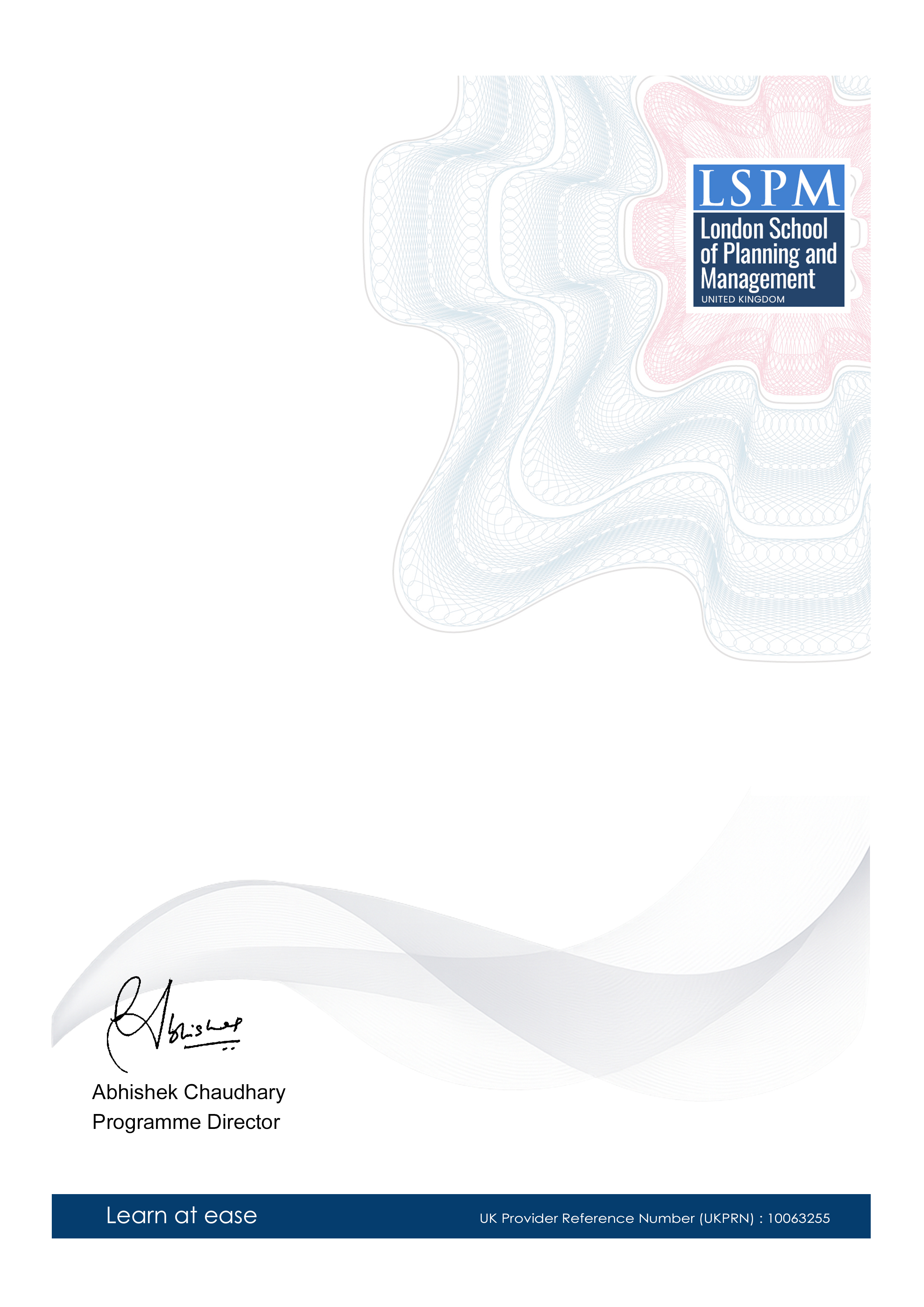Certificate Programme in Control Valve Troubleshooting Best Practices
-- viewing nowThe Certificate Programme in Control Valve Troubleshooting Best Practices is a comprehensive course designed to equip learners with the essential skills needed to excel in control valve maintenance and troubleshooting. This programme is critical for professionals working in process industries, such as oil and gas, chemical, and power generation, where control valves play a vital role in process control and automation.
5,262+
Students enrolled
GBP £ 149
GBP £ 215
Save 44% with our special offer
About this course
100% online
Learn from anywhere
Shareable certificate
Add to your LinkedIn profile
2 months to complete
at 2-3 hours a week
Start anytime
No waiting period
Course details
• Control Valve Fundamentals
• Control Valve Sizing and Selection
• Common Control Valve Problems
• Control Valve Troubleshooting Techniques
• Preventive Maintenance for Control Valves
• Control Valve Diagnostics and Testing
• Control Valve Repair and Replacement Best Practices
• Instrumentation and Control Systems Integration
• Case Studies in Control Valve Troubleshooting
Career path
Entry requirements
- Basic understanding of the subject matter
- Proficiency in English language
- Computer and internet access
- Basic computer skills
- Dedication to complete the course
No prior formal qualifications required. Course designed for accessibility.
Course status
This course provides practical knowledge and skills for professional development. It is:
- Not accredited by a recognized body
- Not regulated by an authorized institution
- Complementary to formal qualifications
You'll receive a certificate of completion upon successfully finishing the course.
Why people choose us for their career
Loading reviews...
Frequently Asked Questions
Course fee
- 3-4 hours per week
- Early certificate delivery
- Open enrollment - start anytime
- 2-3 hours per week
- Regular certificate delivery
- Open enrollment - start anytime
- Full course access
- Digital certificate
- Course materials
Get course information
Earn a career certificate

